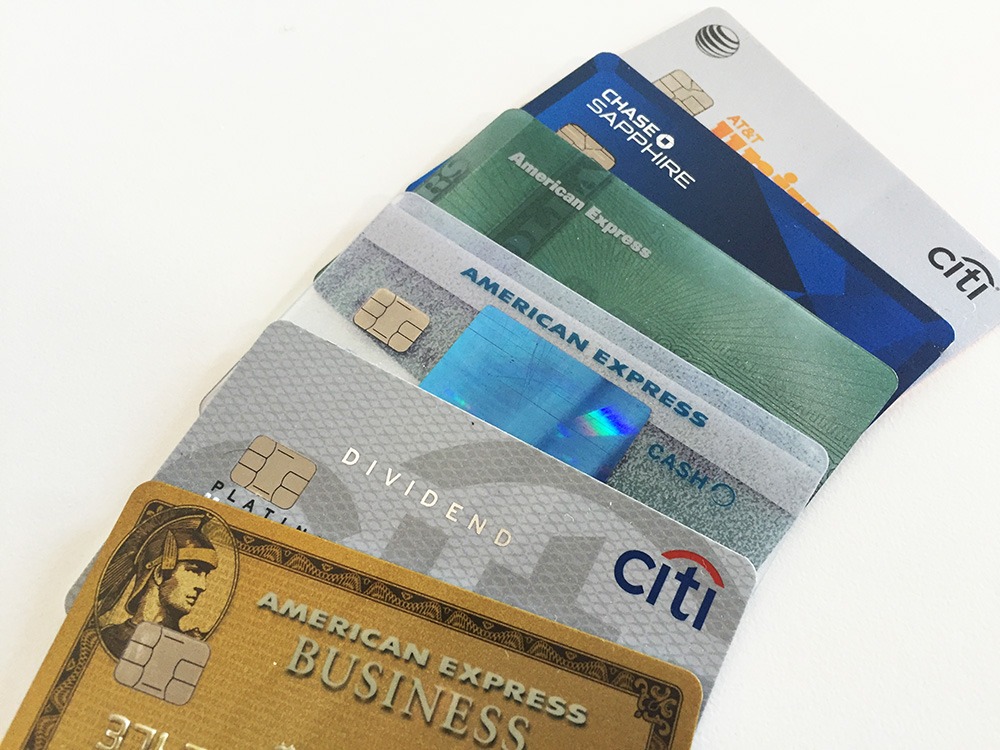
However, not all credit cards work the same. When it comes to purchasing this convenient form of payment, there are two main options: unsecured and secured.
Read this article to find out the difference between these two and which one might be right for you.
What Is a Secured Credit Card?
With a secured credit card you can have the same functions as a traditional credit card, using it to pay for goods and services according to your needs. The main difference between secured and unsecured cards is that you must make a security deposit in case you default on your payments.
The secured credit card will allow you to get approved with ease, being able to apply with a bad or poor credit score. From there, you’ll be able to improve your credit history over time while maintaining responsible card usage. Also, your deposit is refundable. However, in addition to the challenge of providing a security deposit, there are some disadvantages such as higher interest rates and relatively low spending limits.
To apply for this type of card, all you need to do is provide some personal details and, in most cases, your credit history will be reviewed. However, the chances of approval are much higher even for people with bad credit, as the security deposit lessens the risk to the card issuer.
To start using the card you will need to pay the security deposit and the size of each deposit varies depending on the credit card company and other factors, but normally covers your spending limit.
By making your payments on time each month, your card issuer will pay your deposit back in a certain number of months or if you close your account. However, if you fail to pay your secure card payments, your deposit will be retained. So the best way to use a secure credit card is to make one or two small purchases a month and always pay the balance in full to avoid losing your deposit.
What Is an Unsecured Credit Cards?
Unsecured cards are the most common type of credit available on the market.
Unlike secured cards, they don’t require a security deposit, which can be advantageous for those who don’t have cash on hand. However, there are some disadvantages, as the card issuer has no guarantees and will report to the credit bureaus if you don’t make your payments. This can negatively affect your credit score.
Despite this, unsecured credit cards are generally preferred over secured credit cards, as unsecured credit cards have lower interest rates and offer more benefits.
With the unsecured credit cards, you will have access to a form of revolving credit where you can spend up to the available limit. After that, simply pay your expenses on each billing cycle or delay them to the next month with interest charges.



 Ways to earn an extra $ 1000 per month
Ways to earn an extra $ 1000 per month  The best ways available to earn money as a child
The best ways available to earn money as a child  Best investments that are considered less risky
Best investments that are considered less risky